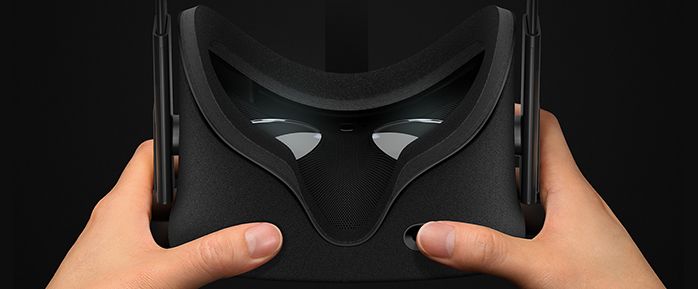Though Oculus didn't announce it formally, the company has removed its anti-consumer DRM measures preventing players from using a hack to play Rift-exclusive games on the HTC Vive.
There's been something of an arms race in the last few months as Oculus tried to force Rift-exclusive games to stay Rift-exclusive and an intrepid developer called LibreVR who created the Revive hack that allows players to skirt around Oculus's increasingly hostile measures and play the games they've purchased on their headset of choice.
The latest development had been the most dramatic, as Oculus finally implemented DRM measures restrictive enough that the only way LibreVR was able to get around them was to crack open Pandora's Box: piracy. LibreVR expressed some trepidation in doing so, pleading with players not to abuse the hack to play pirated Oculus games on their Vives, but said Oculus had forced their hand. “I really didn’t want to go down this path, but I feel there is no other way. [...] I still do not support piracy, do not use this library for pirated copies.”
That fight is now over as Oculus's latest patch removed all traces of the DRM. The patch notes don't mention it at all, but Oculus confirmed the change to Polygon.
"We continually revise our entitlement and anti-piracy systems, and in the June update we've removed the check for Rift hardware from the entitlement check," the company told Polygon in a statement. "We won't use hardware checks as part of DRM on PC in the future."
LibreVR, as expected, was quite happy with the change, quickly reverting back to a version of Revive that didn't allow piracy and removing all versions of the hack that included it. "I've only just tested this and I'm still in disbelief," LibreVR wrote, "but it looks like Oculus removed the headset check from the DRM in Oculus Runtime 1.5. As such I've reverted the DRM patch and removed all binaries from previous releases that contained the patch.

